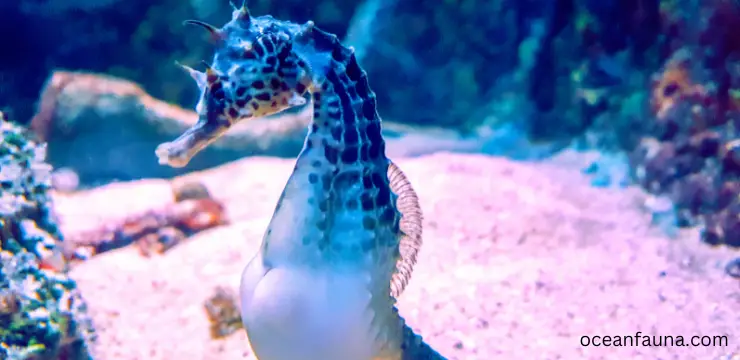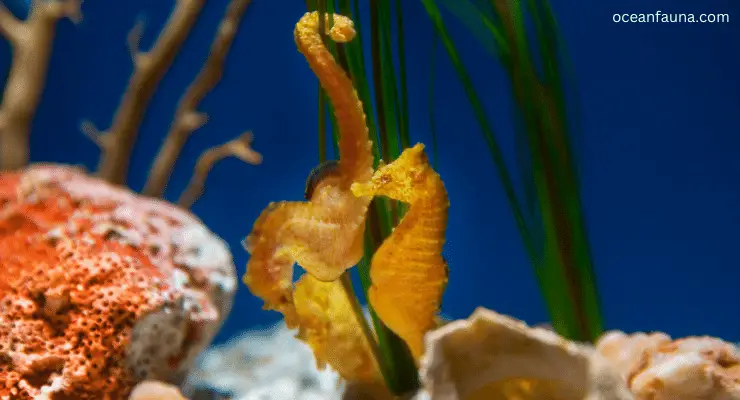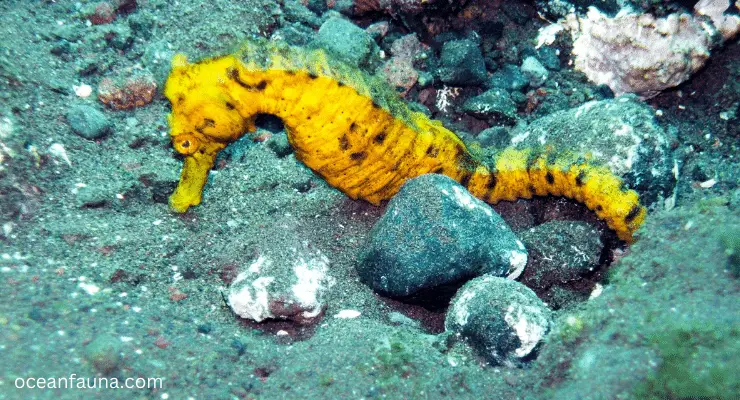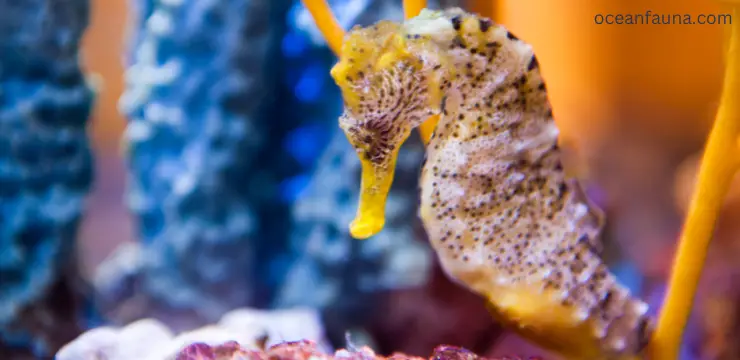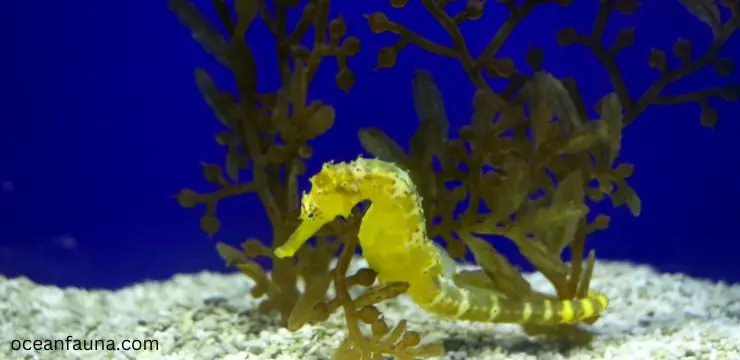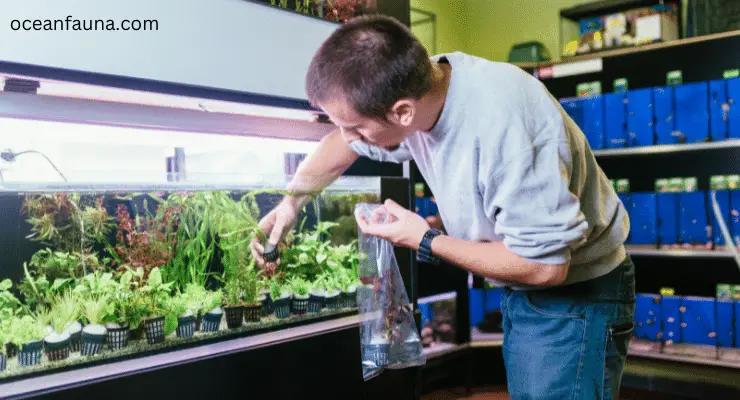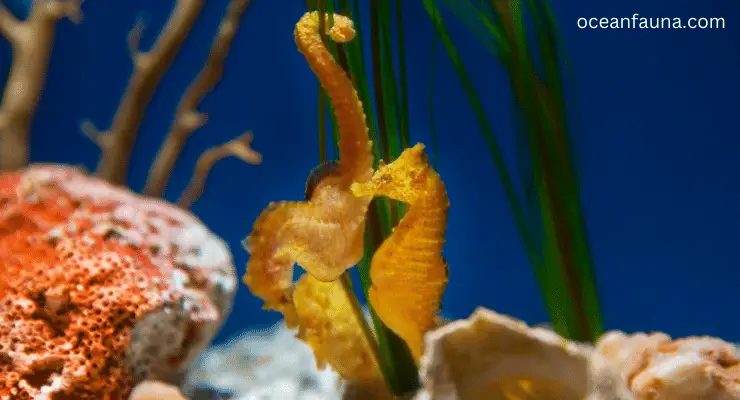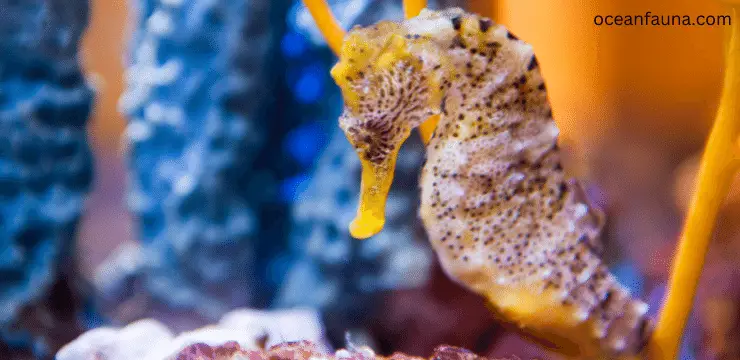Do Seahorses Have Teeth and Stomachs?
No, seahorses don’t have teeth and stomachs. The absence of teeth and stomach in seahorses results in unique feeding habits, digestive systems, and diet habits. They eat constantly and digest quickly to survive. Such unique characteristics make these creatures different from other marine species. The body and metabolic functions of seahorses are evolved properly to … Read more

